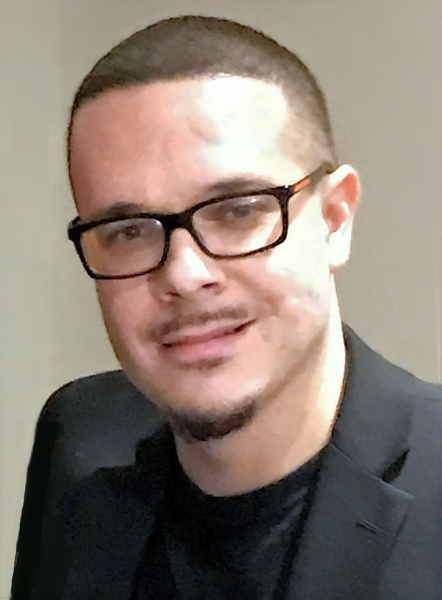


In covering and condemning these acts, most major news outlets and politicians from President Biden on down have described antisemitism as almost entirely a sub-species of white supremacy or white nationalism, invoking the mob in Charlottesville, Va., in 2017 shouting "Jews will not replace us," or the murder of 11 people at the Tree of Life synagogue in Pittsburgh in 2018 by a white nationalist fanatic.
This narrative obscures the complexity and diversity of the sources fueling the spike in antisemitism, some experts say. Right-wing hate groups are playing their usual part, but so too are blacks and members of other minority groups. The non-white antagonists are erased from the public discourse even though it's generally understood that it's hard to address a societal problem when society is unwilling to discuss it openly and honestly.
Rationalizations for this reluctance can be strained: When the billionaire black rap entrepreneur Ye, formerly Kanye West, started making a series of antisemitic statements last year, black activist Shaun King wrote in Newsweek, "you don't have to be white to be a white supremacist," adding, "Kanye West is now a full-blown white supremacist."
